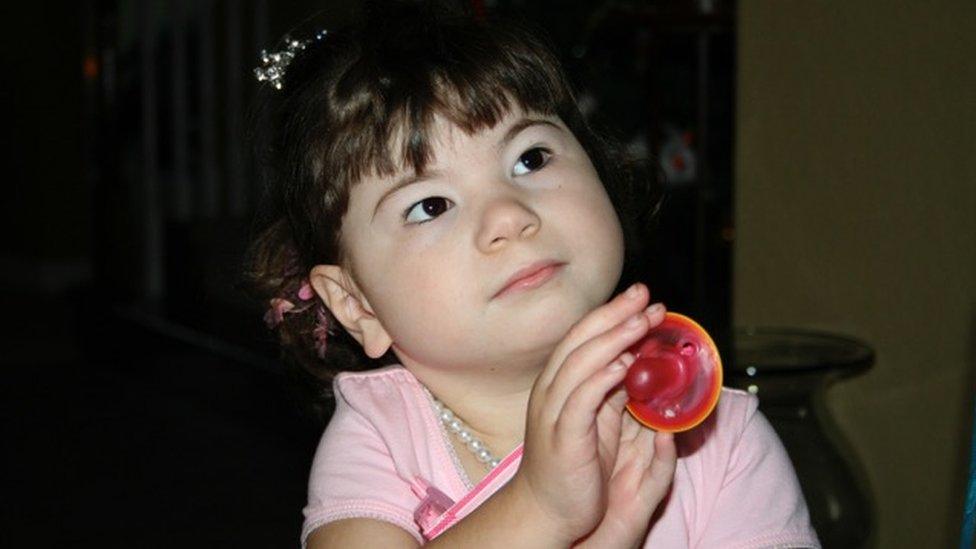Florida investigates four mysterious Zika infections
- Published
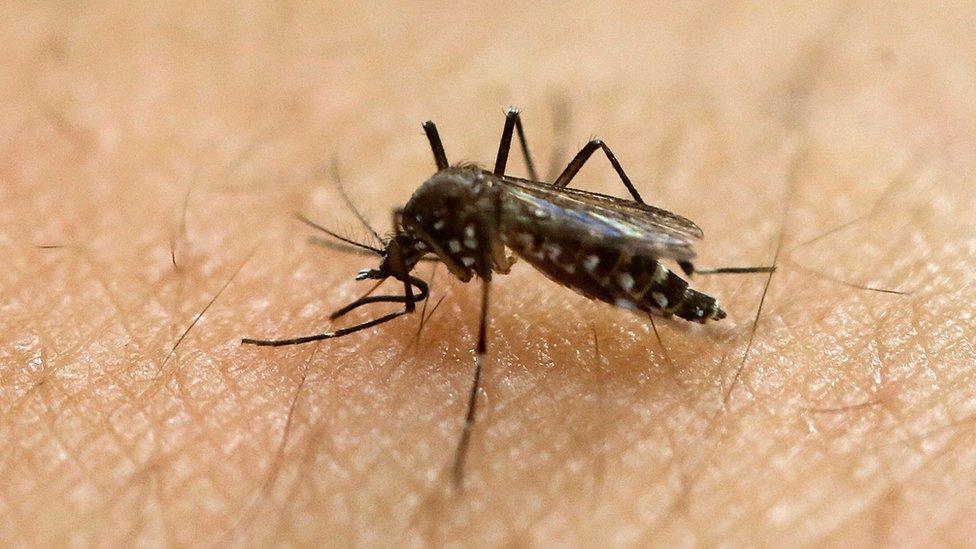
Health officials are concerned mosquitoes in the US may be carrying the Zika virus
Health officials in Florida are investigating four cases of Zika that do not appear to be related to travel.
So far cases outside of Latin America and the Caribbean, where the virus is prevalent, have been spread by travel to that region or sexual transmission.
The four Florida cases have raised the possibility that mosquitoes in the US have begun to carry the virus.
Zika causes only a mild illness in most people but the virus has been linked to severe brain defects in newborns.
Florida officials say they have not drawn any conclusions and are still looking into how the virus was transmitted.
The four cases were detected in the Miami-Dade and Broward counties.
To confirm whether Zika is being carried by mosquitoes locally, scientists will survey houses and people within a 150-yard (metre) radius of the cases, the flying radius of the insect.
US experts were baffled last week by another case, in Utah, in which a carer caught Zika after tending to a dying elderly man with the virus.
And earlier this week, a Spanish woman infected with Zika gave birth to a baby boy with the brain disease microcephaly, thought to be the first such birth in Europe.
In February, the World Health Organization declared the Zika virus a global public health emergency because of the risk to newborn children.
In severe cases, children can die and babies who survive can face intellectual disability and developmental delays.


How Zika can spread
Bites from mosquitoes that carry the virus
Maternal transmission from mother to baby in the womb
Unprotected vaginal, oral or anal sexual intercourse - although rare, the virus can persist in semen
Zika virus has been found in other bodily fluids, including saliva and urine, but it is unknown whether it can spread through these routes
Blood transfusion - very likely but not confirmed
- Published19 July 2016
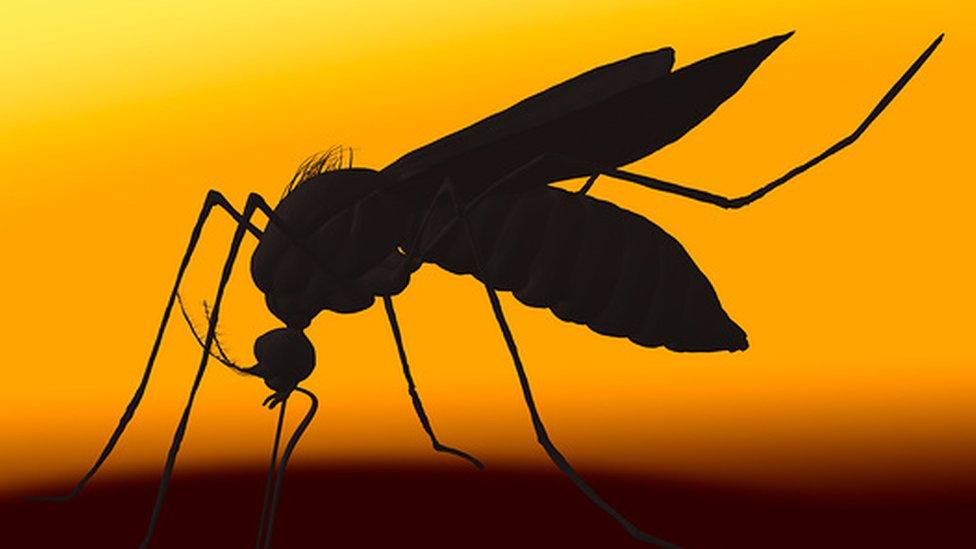
- Published25 July 2016
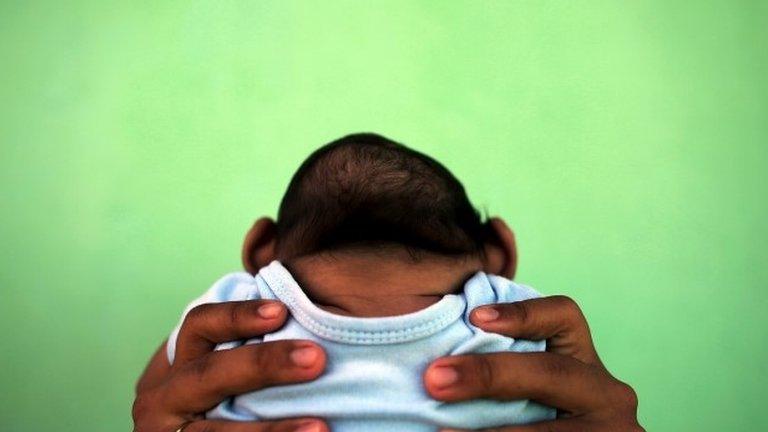
- Published31 August 2016
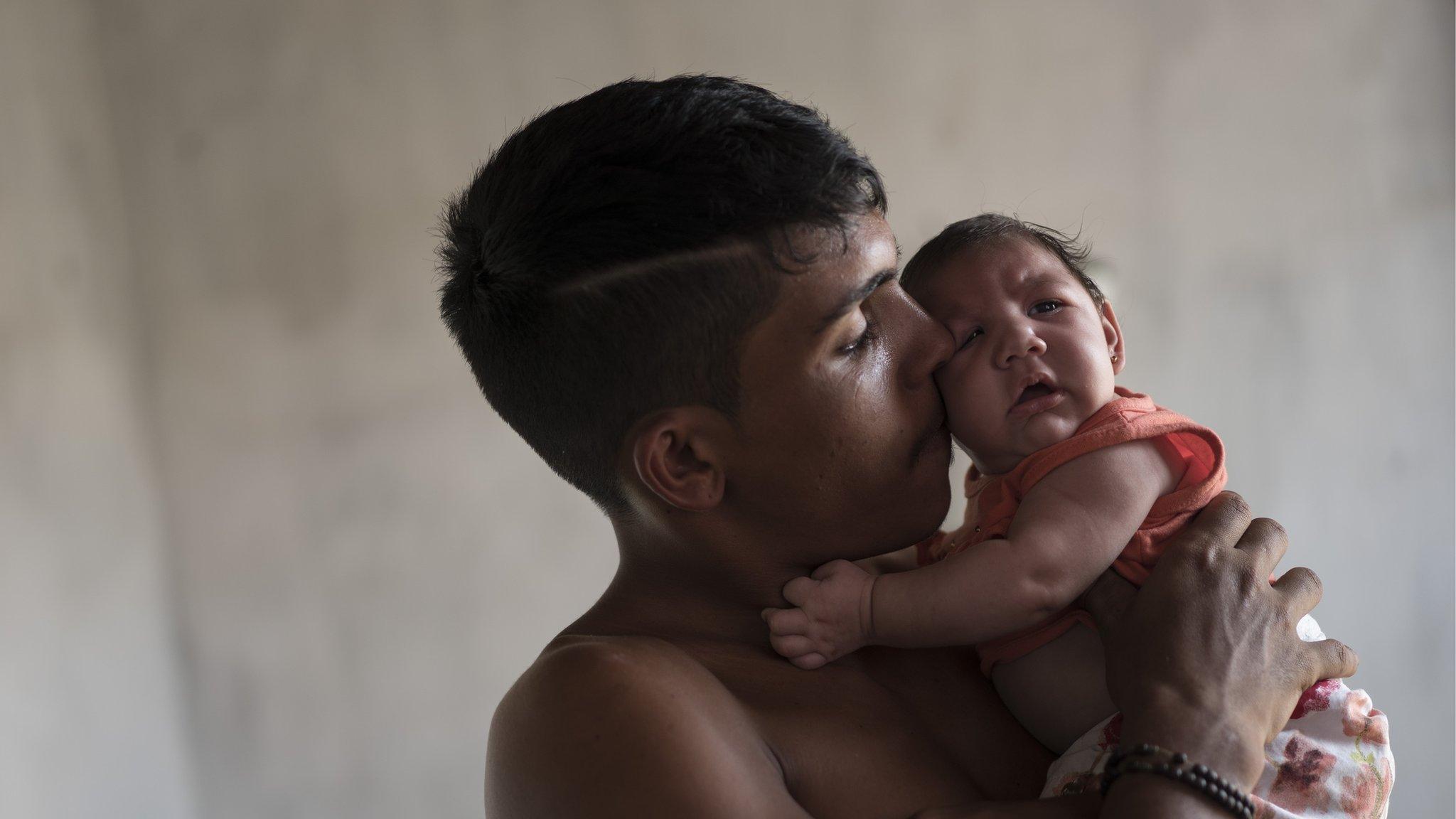
- Published3 February 2016
